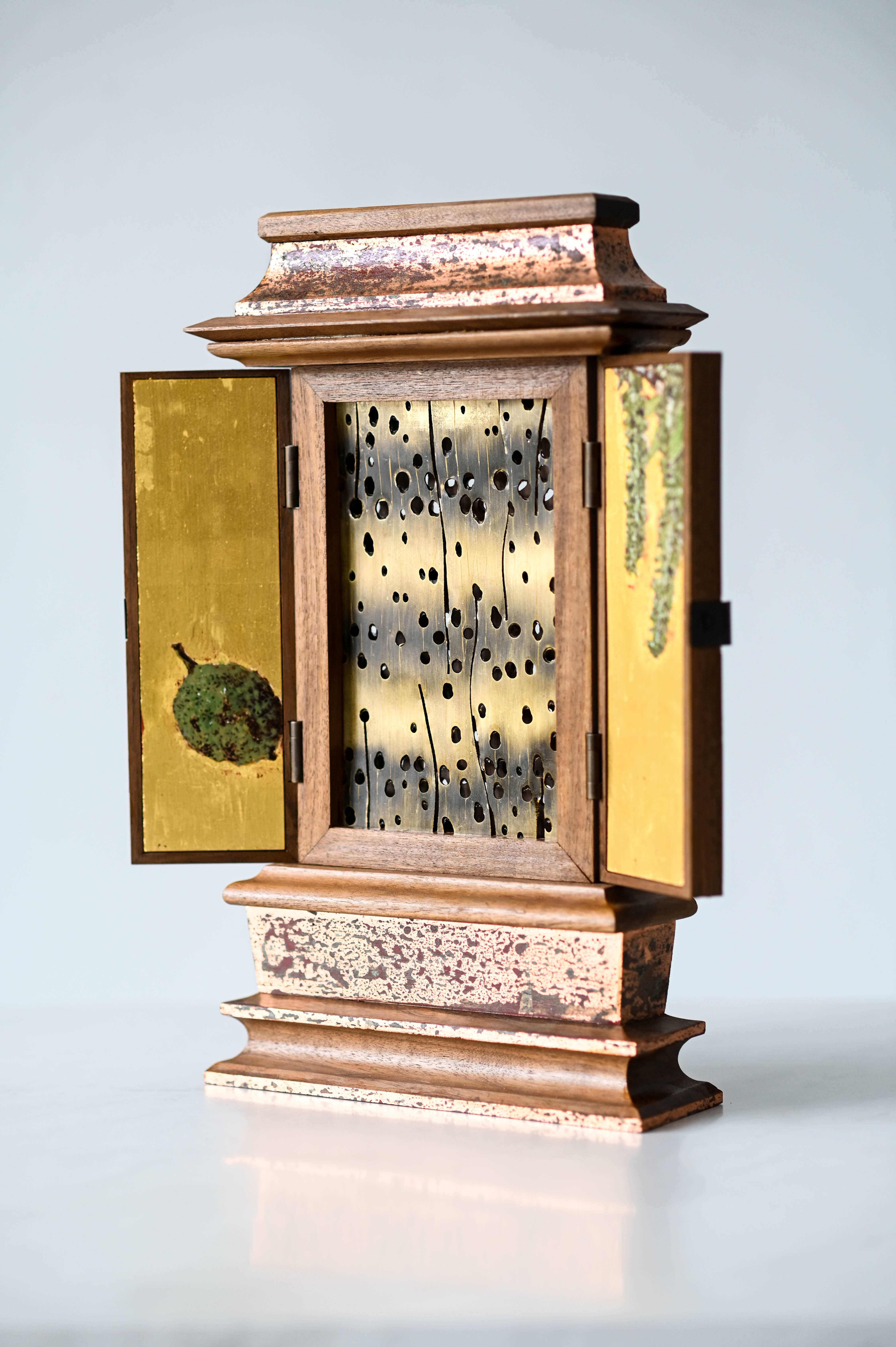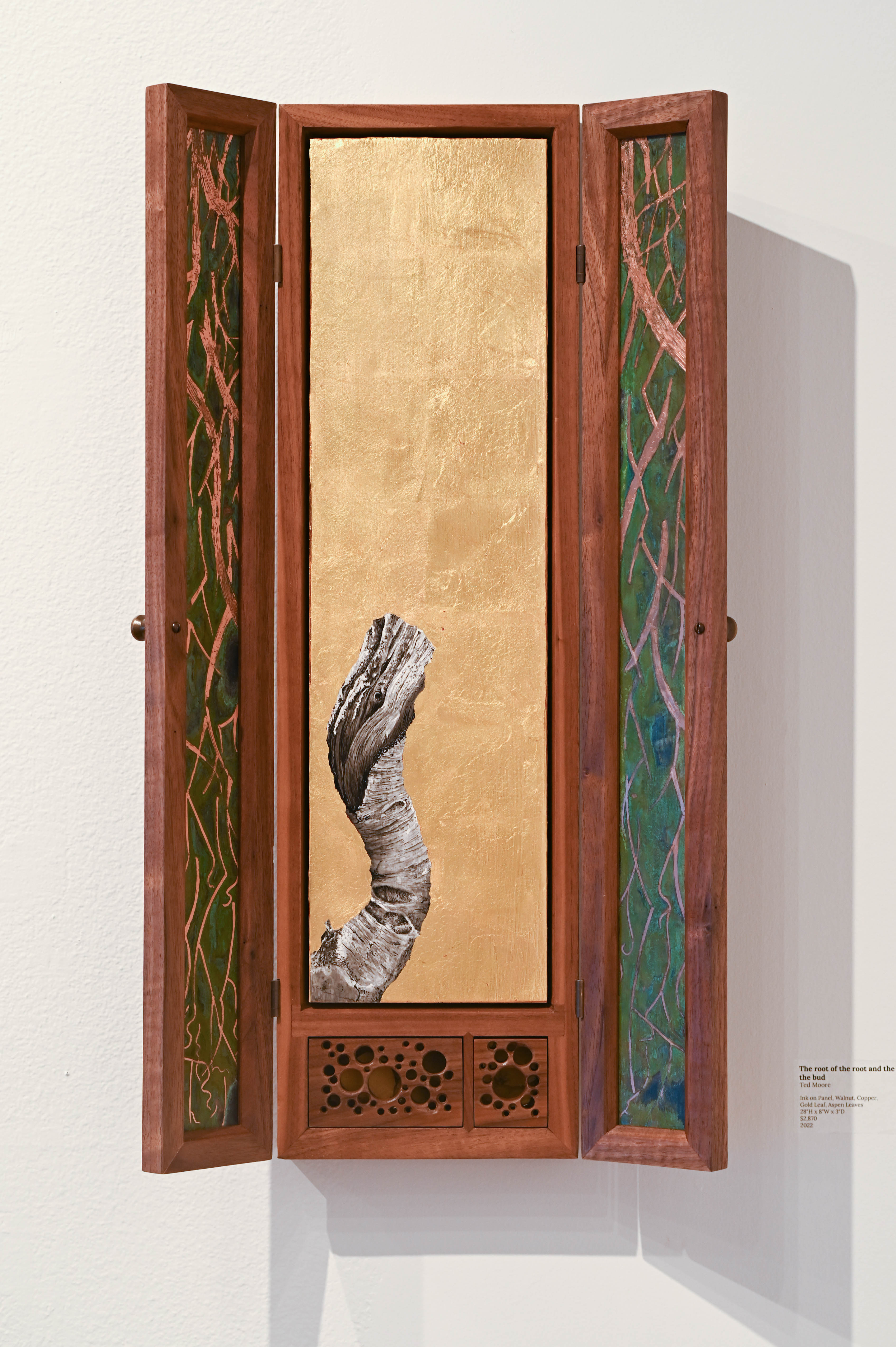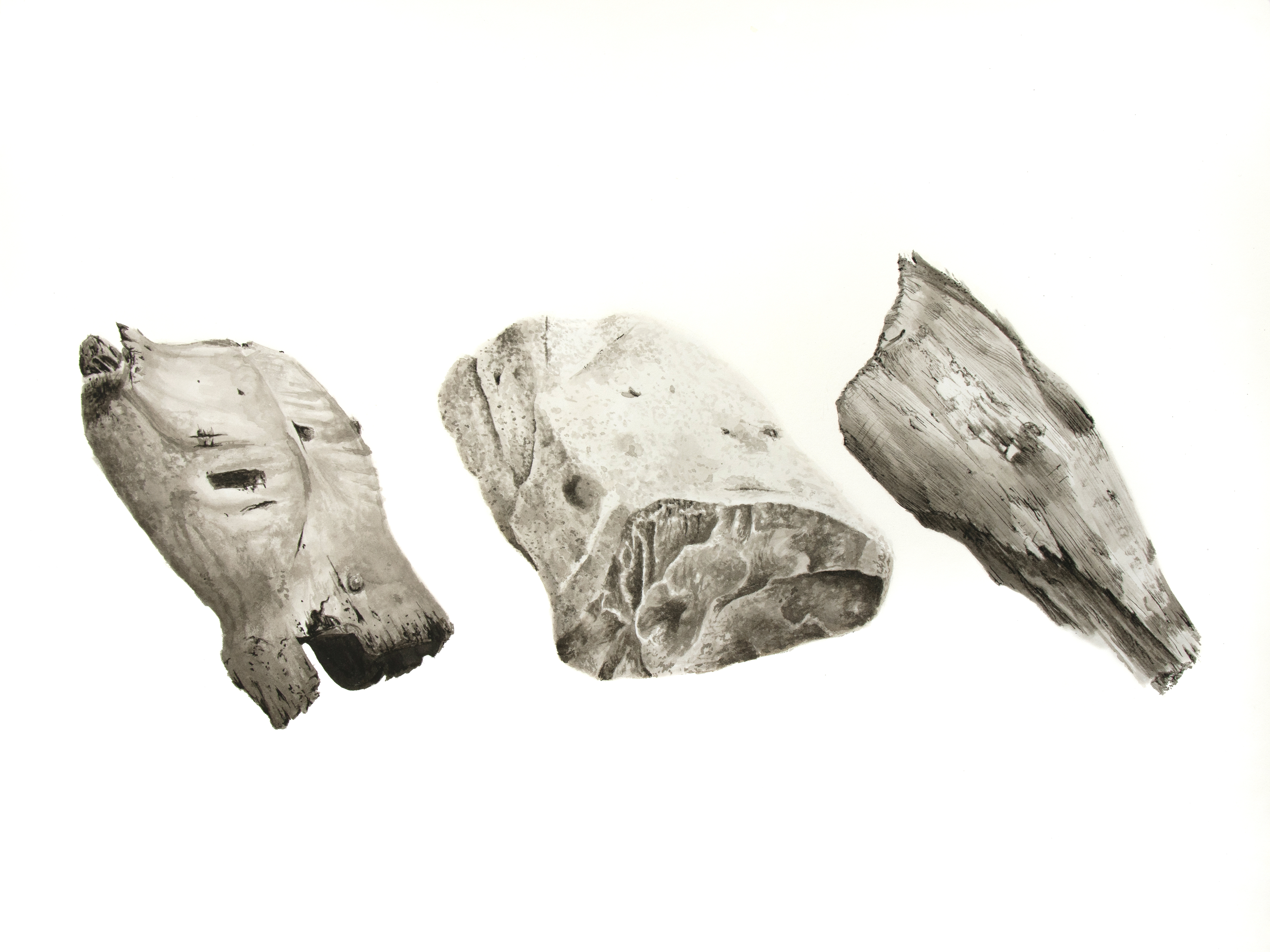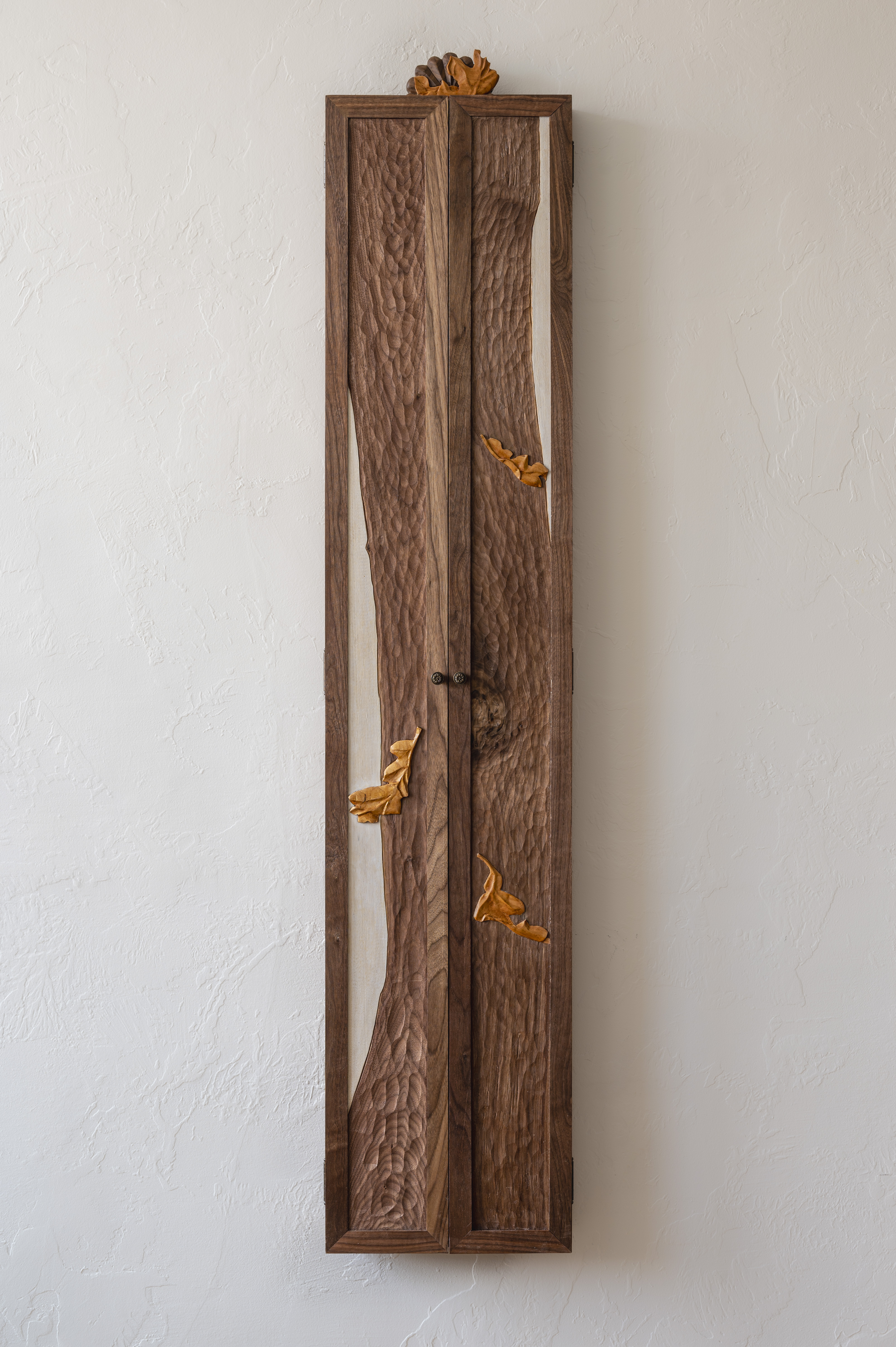@tedmoorewoodworkandart
www.tedmoorewoodworkandart.com
Ted
Ted Moore (b. 1974) is an artist, musician, and educator based in Hesperus, Colorado. He grew up in Washington State, Italy, Maryland, and Colorado, and his career represents the confluence of art and craft, composition and performance, and languages, literature, and history. He earned his B.A. in Classics from University of Colorado, Boulder, and an M.A. and Ph.D. (ABD) in Medieval Studies from University of Toronto. He is a professional drummer who has performed and taught throughout North America, and he completed his MFA at the Maine College of Art and Design in 2023.
Observation as Devotion: Transubstantiation within Ecological Art: Moore situates his art practice among contemporary art-historical works in which artists leverage historical expertise and technical proficiency to critically engage contemporary sensibilities and concerns. Moore's disciplines are cabinet making and realist ink painting, and his subject is wood as both material and metaphor. His motivating concern is the ecological crisis. Leveraging his expertise in medieval studies, Moore considers the concept of transubstantiation in late medieval devotional objects. Medieval triptychs represented a place of ontological exception where dualities could be surpassed, the divine and the temporal equally present. As Moore maintains, this ontological exception, like the conversion of bread and wine into the body and blood of Christ during the Catholic Eucharist, is a form of transubstantiation. Moore draws parallels between pre-modern medieval ontologies and contemporary post-modern theories, specifically Object Oriented Ontology, to explain his own art. In his triptychs, Moore co-opts the aesthetic design and functionality of medieval objects, creating similarly devotional objects intended to define and promote the viewer’s relationship to the world. The close observation of wood serves to deconstruct the dualistic anthropocentrism that previously characterized the modern era, promoting a paradigmatic shift Moore considers necessary to confront the current ecological crisis.
www.tedmoorewoodworkandart.com
Ted
Moore
Ted Moore (b. 1974) is an artist, musician, and educator based in Hesperus, Colorado. He grew up in Washington State, Italy, Maryland, and Colorado, and his career represents the confluence of art and craft, composition and performance, and languages, literature, and history. He earned his B.A. in Classics from University of Colorado, Boulder, and an M.A. and Ph.D. (ABD) in Medieval Studies from University of Toronto. He is a professional drummer who has performed and taught throughout North America, and he completed his MFA at the Maine College of Art and Design in 2023.
Observation as Devotion: Transubstantiation within Ecological Art: Moore situates his art practice among contemporary art-historical works in which artists leverage historical expertise and technical proficiency to critically engage contemporary sensibilities and concerns. Moore's disciplines are cabinet making and realist ink painting, and his subject is wood as both material and metaphor. His motivating concern is the ecological crisis. Leveraging his expertise in medieval studies, Moore considers the concept of transubstantiation in late medieval devotional objects. Medieval triptychs represented a place of ontological exception where dualities could be surpassed, the divine and the temporal equally present. As Moore maintains, this ontological exception, like the conversion of bread and wine into the body and blood of Christ during the Catholic Eucharist, is a form of transubstantiation. Moore draws parallels between pre-modern medieval ontologies and contemporary post-modern theories, specifically Object Oriented Ontology, to explain his own art. In his triptychs, Moore co-opts the aesthetic design and functionality of medieval objects, creating similarly devotional objects intended to define and promote the viewer’s relationship to the world. The close observation of wood serves to deconstruct the dualistic anthropocentrism that previously characterized the modern era, promoting a paradigmatic shift Moore considers necessary to confront the current ecological crisis.





